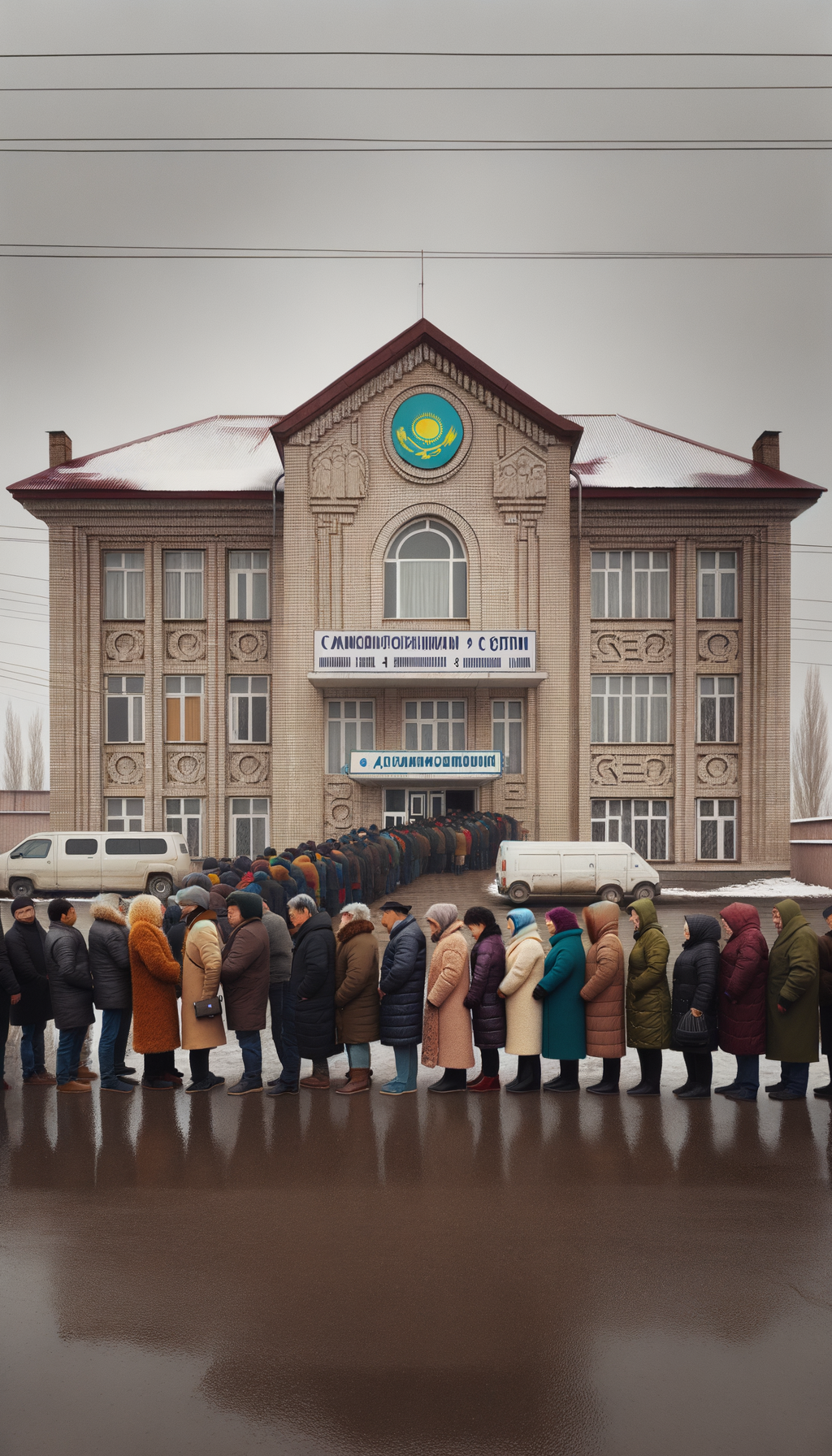Kazakhstan – The Last Vote of the Soviet Union – March 17, 1991
TLDR;
- Event: On March 17, 1991, a referendum was held across several Soviet republics, including Kazakhstan, to decide on preserving the USSR as a renewed federation of equal sovereign republics.
- Significance: The vote reflected the Soviet Union’s struggle to maintain unity amidst economic and political turmoil, with varying levels of support and participation among the republics.
- Outcome: Kazakhstan showed strong support with about 95% voting in favor, but the referendum failed to prevent the USSR’s dissolution as six republics boycotted and independence movements grew.
- Legacy: The referendum marked a critical moment before the Soviet Union’s collapse later that year, highlighting the transition from the old Soviet order to new independent states.
–
Story
The air was thick with anticipation on March 17, 1991, as citizens across Kazakhstan and other Soviet republics lined up at polling stations. This was no ordinary vote; it was a referendum that could determine the fate of the Soviet Union itself. The question was simple yet profound: should the USSR be preserved as a ‘renewed federation of equal sovereign republics’? However, it is important to note that the exact wording varied slightly in different republics.

The Soviet Union, once a monolithic superpower, was now teetering on the brink of dissolution. Economic stagnation, political unrest, and the rise of nationalist movements had eroded the foundations of the once-mighty state. In a bid to salvage the union, Soviet leader Mikhail Gorbachev proposed a new federation, hoping to appease both reformists and hardliners.
In Kazakhstan, the mood was cautiously optimistic. Many saw the referendum as a chance to maintain stability and unity in a time of uncertainty. The results were clear: about 95% of voters in Kazakhstan supported the preservation of the Soviet Union, one of the highest levels of support among the participating republics. Yet, beneath the surface, the cracks were widening.
It is crucial to mention that not all Soviet republics participated in the referendum. Six republics, including Armenia, Georgia, Moldova, Estonia, Latvia, and Lithuania, boycotted the referendum, reflecting the growing desire for independence in these regions.
The referendum, while showing support for the union, could not halt the tide of change. Within months, the Soviet Union would collapse, as republics declared independence one after another. The vote on March 17, 1991, became a poignant reminder of a world on the cusp of transformation, where the old order was giving way to the new.
As the sun set on the Soviet era, the people of Kazakhstan and other republics faced a new dawn, filled with both promise and uncertainty.
–
| Would a different outcome in the referendum have changed the course of history? |